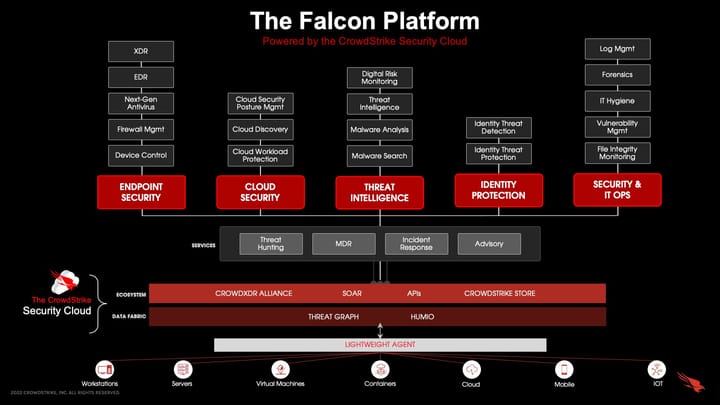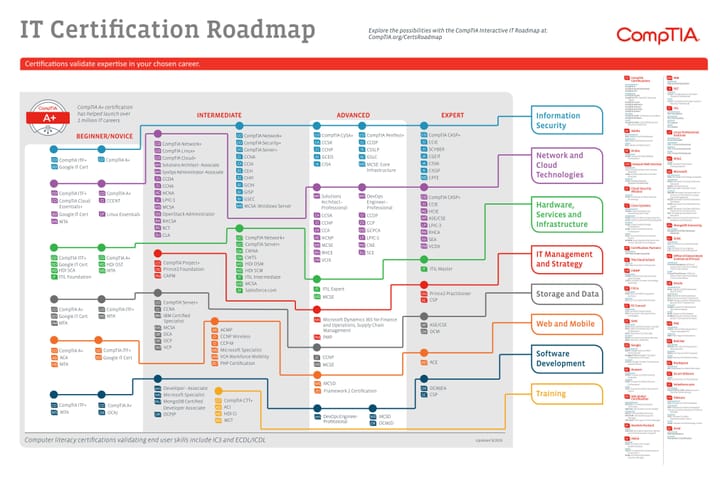Lazarus Group Strikes Through Malicious PyPI Packages, Warns Japan's Computer Security Incident Response Team

Introduction:
The nefarious Lazarus Group, a North Korean hacking entity notorious for its sophisticated cyber operations, has once again raised concerns. Japan's Computer Security Incident Response Team (JPCERT/CC) recently issued a warning regarding the discovery of four malicious Python Package Index (PyPI) packages. These packages, uploaded by Lazarus, are designed to infect developers with malware, posing a significant threat to the cybersecurity community.
The Rise of Lazarus Group:
Lazarus Group has been at the forefront of cyber threats, with a history of conducting high-profile attacks against various targets, including financial institutions, government organisations, and critical infrastructure. Known for its advanced tactics and techniques, the group is believed to operate under the control of the North Korean government.
The PyPI Vector:
PyPI is a repository of software packages developed and maintained by the Python community. Developers rely on PyPI to share and distribute their projects seamlessly. Unfortunately, the openness of the platform also makes it susceptible to malicious actors seeking to exploit its popularity.
The Malicious PyPI Packages:
JPCERT/CC has identified four malicious packages uploaded by Lazarus on PyPI. These packages, seemingly innocent at first glance, contain hidden malware that could compromise the security of developers' systems. The deceptive nature of these packages underscores the need for heightened vigilance within the developer community.
Impact on Developers:
Developers are a prime target for cybercriminals, given their access to sensitive code repositories and the potential for widespread impact if compromised. By injecting malware into PyPI packages, Lazarus aims to infiltrate the development environment, potentially leading to the compromise of critical projects and systems.
The Call for Vigilance:
The discovery of these malicious PyPI packages serves as a stark reminder for developers to remain vigilant and adopt best practices for cybersecurity. Here are some key measures to enhance security:
- Verify Package Authenticity: Before integrating any third-party package, developers should verify the authenticity of the source and ensure that it comes from a reputable author.
- Regular Security Audits: Conducting regular security audits of code repositories and development environments can help identify and mitigate potential threats before they escalate.
- Update and Patch Systems: Keeping software, libraries, and dependencies up-to-date is crucial in defending against known vulnerabilities. Regularly applying security patches can prevent exploitation by malware.
- Implement Multi-Factor Authentication: Adding an extra layer of security through multi-factor authentication can significantly reduce the risk of unauthorised access to development environments.
- Stay Informed: Keeping abreast of the latest cybersecurity threats, such as those issued by organisations like JPCERT/CC, is essential. Timely information can help developers take proactive measures to safeguard their systems.
Conclusion:
The infiltration of PyPI by Lazarus Group serves as a stark reminder that cyber threats are ever-present and evolving. Developers play a crucial role in the defence against such threats, and their awareness and adoption of robust cybersecurity practices are paramount. By staying vigilant, implementing security measures, and collaborating with cybersecurity organisations, the developer community can effectively thwart malicious attempts to compromise the integrity of their projects and systems.



Comments ()